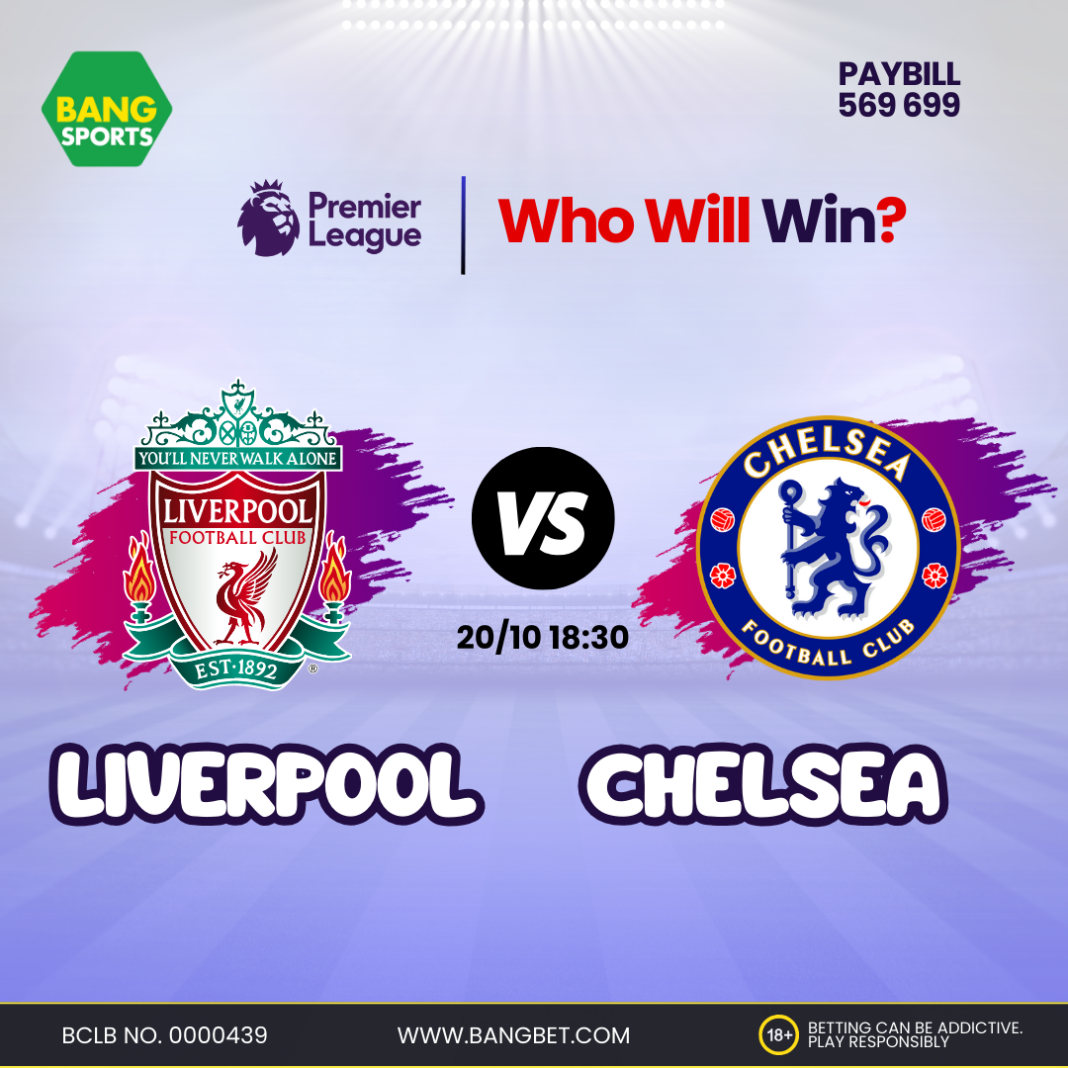Kenyan football is mourning the loss of one of its most iconic figures, Austin Oduor Origi, popularly known as “Makamu.” The former Harambee Stars and Gor Mahia captain passed away on Tuesday night after suffering heart complications. Despite being rushed to the hospital and placed on oxygen, the football legend sadly passed on, leaving behind a rich legacy that will be remembered for generations.
A Historic Leader in Kenyan Football
Austin Origi was more than just a captain; he was a true leader in Kenyan football history. He is best known for leading Gor Mahia to their historic victory in the 1987 African Cup Winners’ Cup, also known as the Nelson Mandela Cup. The triumph against Espérance de Tunis remains the only continental title ever won by an East African club. This milestone not only cemented Origi’s place in Kenyan football history but also showcased his exceptional leadership on the field.
Throughout his career, Origi embodied discipline and professionalism, earning respect from both teammates and opponents. His leadership as captain of both Gor Mahia and Harambee Stars set a high standard for future players. The nickname “Makamu,” meaning “Deputy,” reflected his commanding presence and role as a natural leader, always guiding his teams to success.
The Origi Football Dynasty
Origi’s football legacy extended beyond his own career, as he was the patriarch of a renowned footballing family. He was the father of former Harambee Stars goalkeeper Arnold Origi, who followed in his father’s footsteps, representing Kenya on the international stage. The family’s football talents don’t stop there—Austin Origi was also the uncle of former Liverpool striker Divock Origi and the brother of Mike Okoth Origi, a former Harambee Stars striker who made a name for himself in Europe.
This dynasty has become a symbol of football excellence in Kenya, with each generation contributing significantly to the sport both locally and internationally. Austin Origi’s guidance and mentorship played a pivotal role in shaping the careers of his family members, continuing his football influence long after his playing days were over.

Tributes from Friends and the Football Community
Following his death, tributes poured in from former teammates, friends, and the broader football community. Former Gor Mahia midfielder Sammy Kempes, who shared a deep bond with Origi, recalled their friendship, which started in the 1970s in Ziwani. Kempes emphasized Origi’s honesty, commitment, and passion for football, qualities that made him a respected figure both on and off the pitch.
Kempes wasn’t alone in mourning Origi’s passing. The Football Kenya Federation (FKF) also expressed deep sorrow over the loss of a football legend. The FKF praised Origi’s dedication to the national team and highlighted his significant contributions to Kenyan football, particularly his leadership in the historic 1987 victory.
Personal Tributes from National Leaders
Eliud Owalo, Deputy State House Chief of Staff, also shared a personal tribute to Origi. Just days before his passing, Owalo had hosted Origi at his home, where they shared memories and celebrated their friendship. In his condolence message, Owalo described Origi as not only a friend but also a mentor and elder brother. The news of his passing has left a significant void in the hearts of those who knew him personally and professionally.
A Lasting Legacy
Austin Origi’s passing marks the end of an era in Kenyan football, but his legacy will live on. He was not only a legendary player but also a mentor, a leader, and a symbol of excellence in the sport. His leadership in Gor Mahia’s 1987 triumph remains unmatched, and his influence on Kenyan football will continue to inspire future generations.
As Kenya mourns the loss of one of its greatest football legends, the impact of Austin Origi’s contributions to the game, both on and off the field, will never be forgotten. May his soul rest in eternal peace.



